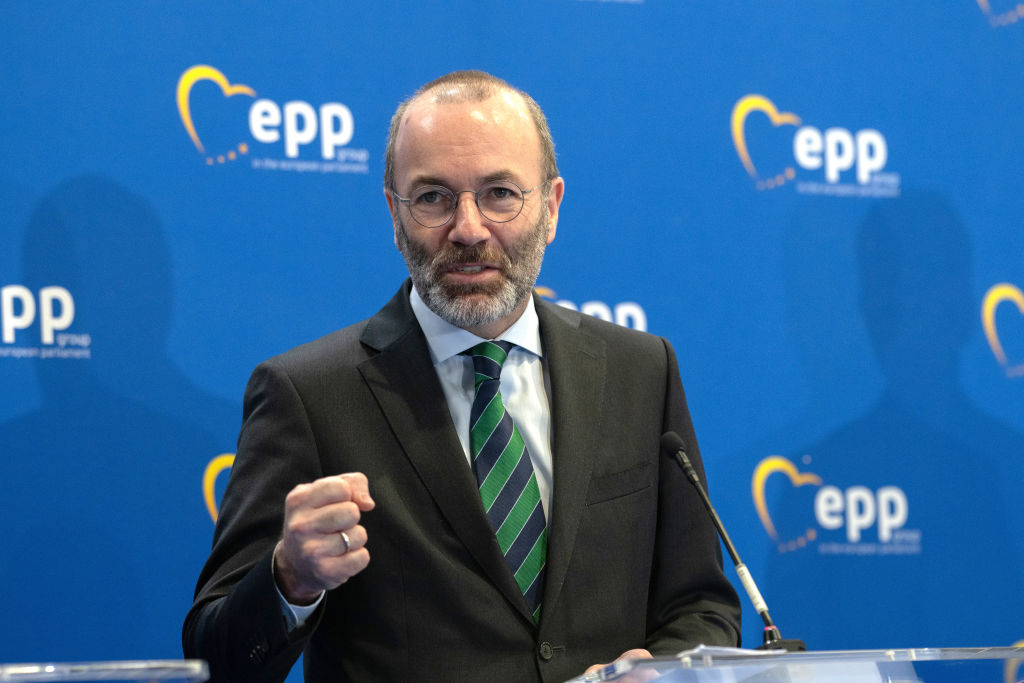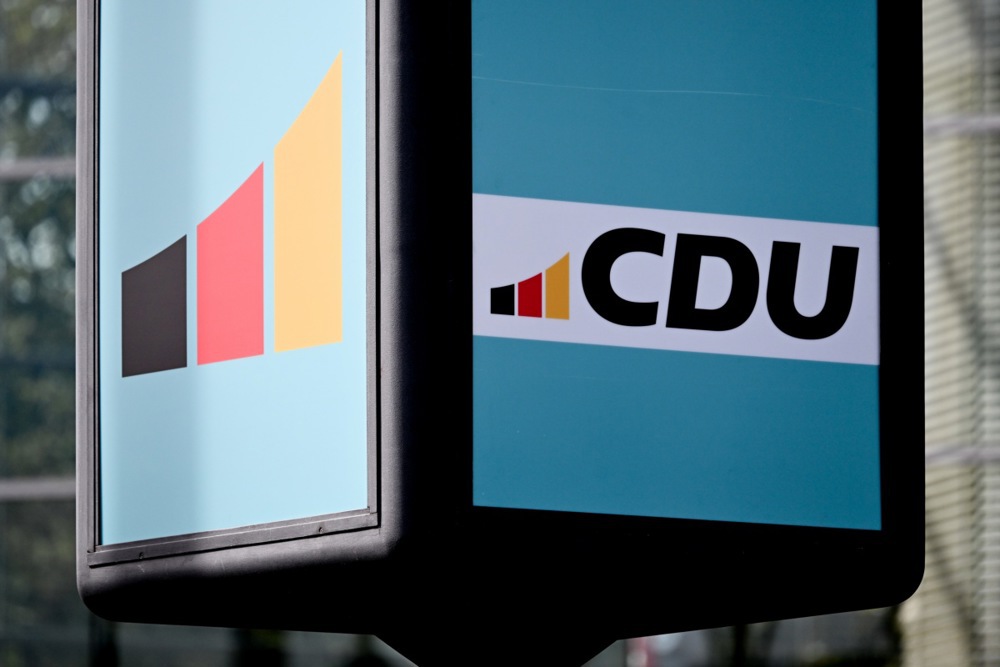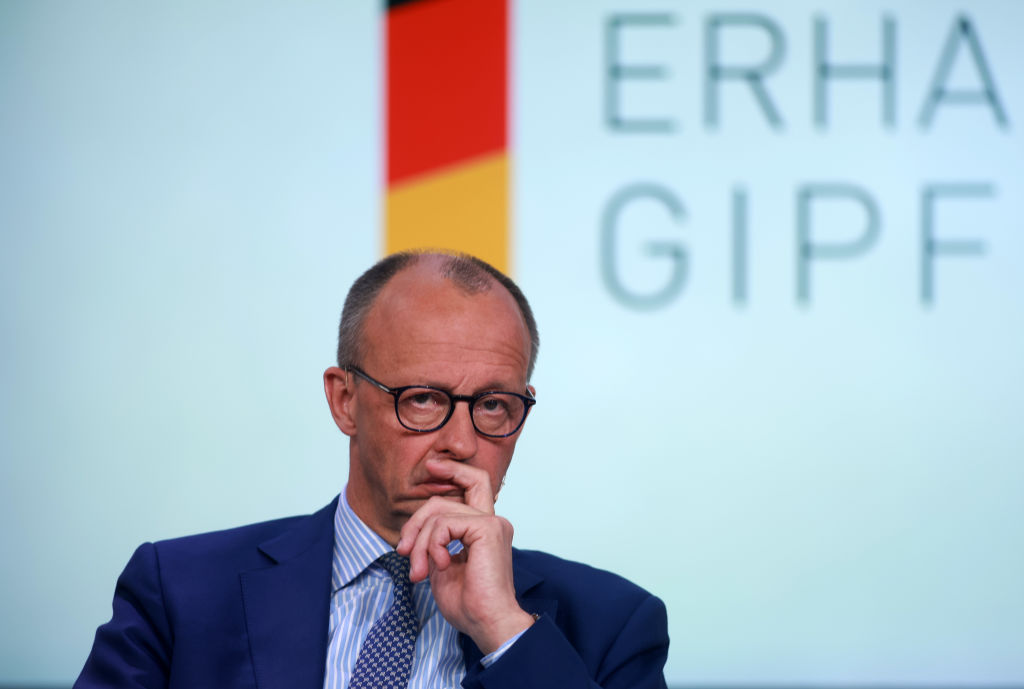Senior Christian Democrats in Germany have decried the drop in public support for the country’s Socialists ahead of key regional elections in the country’s east.
The ruling Socialist Democratic Party (SPD) is now polling so low in Saxony and Thuringia that they risk being thrown out of both states’ parliaments entirely, with members of the Christian Democratic Union (CDU) warning the decline was a cause for concern.
Speaking to local media, CDU MEP Dennis Radtke insisted that the party’s crash in popularity must be viewed without “a hint of malice” and that while his party allegedly held different opinions to the SPD on various issues, both serve as stabilising forces within German democracy.
“We are all democrats who are fighting for the best solutions for our country,” he said.
“AfD and BSW … want a different country,” he said.
“If the SPD were to disappear from just one parliament, that would be detrimental to the functioning of our democracy.
“Almost all Christian Democrats want a stable SPD that does not have to fear for its existence,” the MEP concluded.
More than 1 million people have signed a petition demanding that the Government strip Björn Höcke, the AfD party’s chief in the State of Thuringia, of his right to vote or take part in politics. https://t.co/tmmZk4DS0s
— Brussels Signal (@brusselssignal) January 17, 2024
Similar concerns were expressed by the CDU’s former General Secretary Ruprecht Polenz, who warned that it would be a “catastrophe” if the SPD failed to enter either parliament following the September 1 vote.
“There are many differences between us and the SPD in terms of content, but the Social Democrats are a party that has made great contributions to our country,” he said.
“We cannot do without them.”
Bundestag MP Thorsten Frei took a more critical view of the SPD.
“As a people’s party, the SPD played a central role in the stability of our political system. Our country has been very successful when the people’s parties CDU/CSU and SPD have fought each other for power,” he said.
“The SPD is obviously no longer willing to play the role of a people’s party. It has largely lost touch with voters, and not just in Saxony and Thuringia.”
He added that voters who valued democracy had other parties they could vote for that did appear likely to enter parliament in both states.
Frei did not name such parties.
German political parties are said to be open to co-operating with the hard-left party of Sahra Wagenknecht in regional government coalitions, but she has some conditions. https://t.co/xSDQTqy1uo
— Brussels Signal (@brusselssignal) July 29, 2024
The CDU politicians’ comments came amid increasing concern from mainstream German parties at the state of politics in the country’s East.
According to polling ahead of the September 1 elections, the Christian Democrats are now the only legacy party with widespread popularity in Saxony and Thuringia, polling at around 32 per cent and 22 per cent respectively.
By contrast, Chancellor Olaf Scholz’s SPD is polling at around six per cent in both states. Should they fall below the five per cent mark on the day of the vote, they will be eliminated from state parliaments entirely.
The situation is even more dire for the SPD’s coalition partners — the Greens and the Free Democratic Party (FDP).
The former is polling at around five per cent in Saxony and three per cent in Thuringia. The latter is polling below three per cent in both states.
By contrast, the AfD and BSW are expected to do well. The AfD in particular is expected to win the election in Thuringia, while in Saxony the result is expected to be a toss-up between it and the CDU.
The Christian Democrats have vowed not to go into coalition with the AfD, claiming the party is a threat to democracy.
Many also have misgivings about working with BSW, which has historical links to the party that used to rule Communist East Germany.
An evangelical church in Germany has removed one of its members from all of his leadership roles as a result of his links to the Alternative for Germany (AfD) party. https://t.co/lLDX4NSGVs
— Brussels Signal (@brusselssignal) August 22, 2024





